Description
-

Mary Asper – Dyslexia and Dysgraphia: Effective Classroom Strategies to Build Students’ Reading and Writing Skills
- Faculty:
- Mary Asper
- Duration:
- 6 Hours 16 Minutes
- Format:
- Audio and Video
- Copyright:
- Oct 23, 2020
Description
Students CAN expand their basic reading and writing skills, even when diagnosed with Dyslexia and/or Dysgraphia.
This presentation is filled with abundant child-centered, classroom-proven strategies and materials for building skills in the seven foundational areas for reading: phonemic and phonological awareness, vocabulary and word knowledge, changes in word meaning, sentence structure, narrative composition and spelling.
Even more strategies and materials are provided for underlying characteristics that affect students’ performance such as anxiety, executive function, auditory processing and visual processing.
Take away strategies designed to accelerate your students’ progress in reading and written expression through innovative and successful field-tested methods and practical tips.
Handouts
| Manual – Dyslexia and Dysgraphia (12.4 MB) | 68 Pages | Available after Purchase |
Outline
Dispelling Myths about Dyslexia and Dysgraphia
- Dyslexia/Dysgraphia can be diagnosed
- Students will not just “get over it” or grow out of it
- Students won’t do better if they just “try harder”
Preparing the Brain For Learning
- The benefits of music and movement for the reading/writing brain
- Engaging positive self-talk
- Resources for implementing movement in the classroom
Foundational skills for proficient readers
- Phonemic Awareness
- Phonological Awareness
- Visual Tracking
- Blending
- Segmenting
- Multi-syllable Words
- Fluency
Boosting Comprehension
- Identifying unknown words
- Thinking and remembering in categories
- Creating meaningful, memorable definitions
- Inference and prediction, Idioms, Multiple-Meaning Words
- Literal vs. Figurative language
- Fact vs. Opinion
Strategies for Written Expression
- Improving letter formation, spacing, capitalization, punctuation
- Overcoming spelling difficulties
- Choosing words to write with
- Building Sentences
- Writing from Pictures
- Collecting and using ideas for writing
Assistive Technology, Accommodations and Supports
Faculty
Mary Asper, MS, CCC-SLP Related seminars and products: 3
MARY B. ASPER, MS, CCC-SLP, has over 40 years experience working with children, adults, families and educators from all walks of life in many different capacities. For the last 10 years, Mary’s focus has been on developing and implementing effective techniques and strategies to help students with language learning disabilities succeed in school.
She is involved in all areas of treatment for dyslexia, including diagnosis, program development and implementation, therapeutic intervention and professional development for SLPs and educators. Mary has developed strategies to address linguistic, cognitive and social concerns based on best-practice recommendations and current neuro-scientific findings, through her work with students from the early grades through high school.
Mary is the president and speech-language pathologist for her company, Codding Hollow Associates, Inc. and coordinates a team of related professionals who serve students with severe language learning disabilities and communication disorders.
She holds certification from the American Speech-Language Association, is a former board member for the Vermont Speech-Language Association and an instructor in Special Topics: Language Disorders for Lyndon State College in Vermont.
Course Content Disclosure:
Participants will be exposed to, but not formally trained in, the use of auditory integration therapies within the content of this course. ASHA Position Policy states that Auditory Integration Therapy (AIT) has not met scientific standards for efficacy that would currently justify its usage.
Speaker Disclosures:
Financial: Mary B. Asper maintains a private practice. She receives a speaking honorarium from PESI, Inc.
Nonfinancial: Mary B. Asper serves on the board of the Vermont Speech-Language Hearing Association.

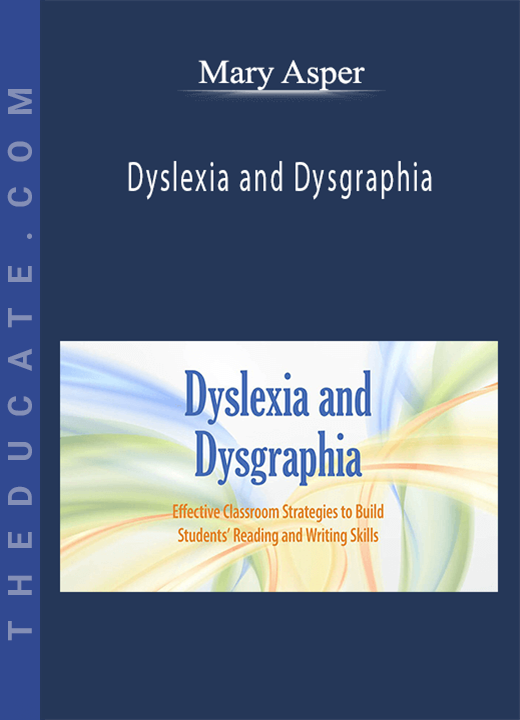

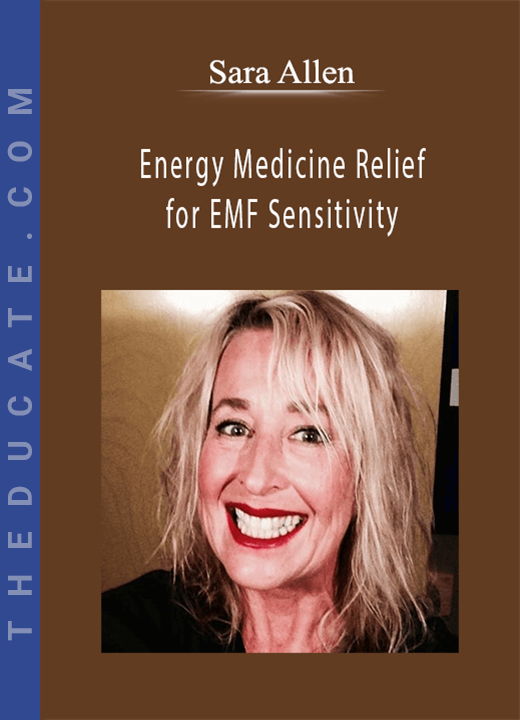
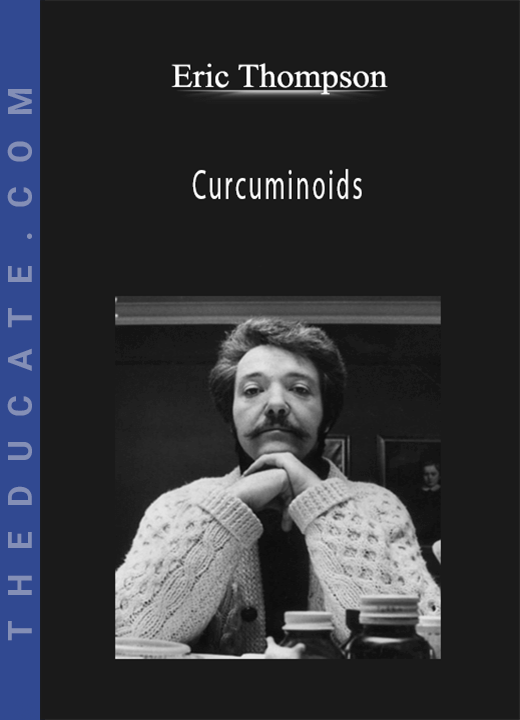
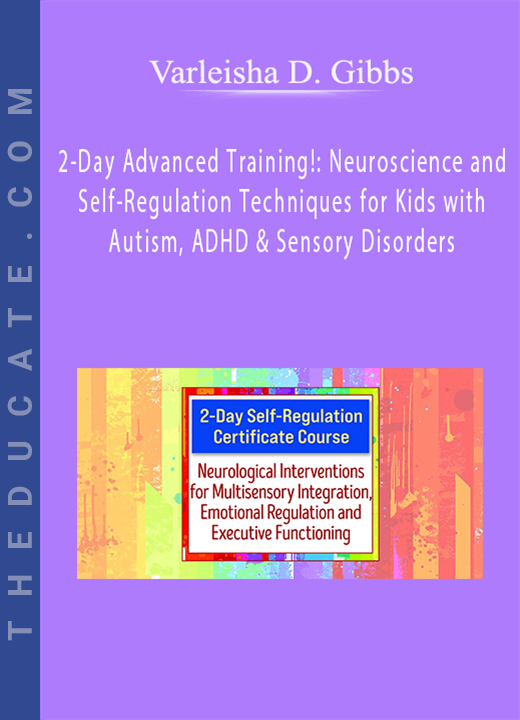
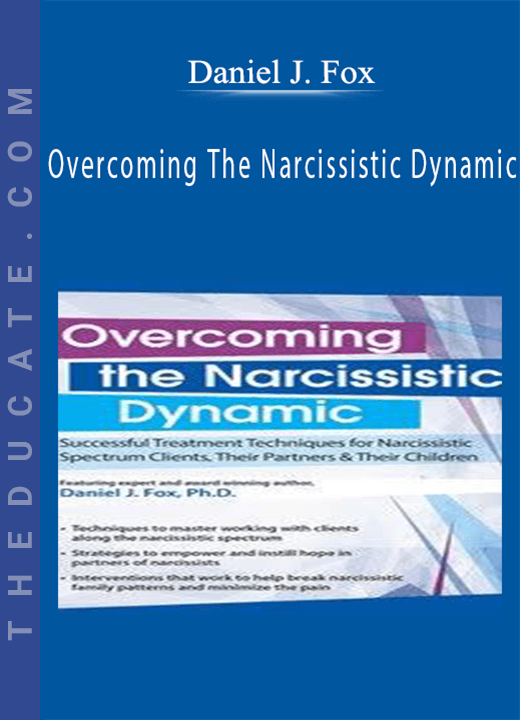
10 reviews for Mary Asper – Dyslexia and Dysgraphia: Effective Classroom Strategies to Build Students’ Reading and Writing Skills
There are no reviews yet.